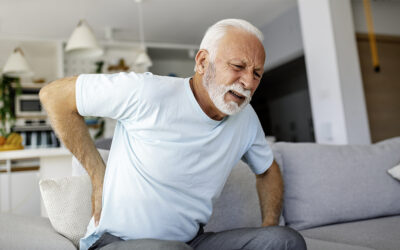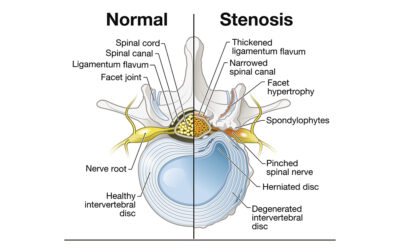What is osteoporosis?
Osteoporosis is a disease that causes rapid thinning of bones. Over time, this weakens the bones and can make them more likely to break. It can affect any bone, but the hip, spine, and wrist are most often involved.
What are the risk factors for osteoporosis?
Women are more likely than men to develop osteoporosis. This happens partly because men have larger, stronger bones. Men and women older than age 50 are at the greatest risk for developing osteoporosis. One in 2 women and 1 in 4 men in this age group will fracture a bone because of osteoporosis. People who are white or Asian are more likely to develop osteoporosis than people who are Hispanic or African-American.
Other risk factors that may increase your chances for developing osteoporosis include:
- Having small bones
- Lack of physical activity or exercise
- Smoking
- Drinking too much alcohol
- Have a diet low in calcium and vitamin D
- Previous fracture, especially after age 50
- Being postmenopausal
- Taking certain medications, for example long-term use of corticosteroids
- Family history of osteoporosis
Many people are unaware they have osteoporosis until they have advanced symptoms. These may include a broken hip or wrist, low back pain, or a hunched back.
How is osteoporosis diagnosed?
If your health care provider thinks that you have osteoporosis, a simple, painless test to measure bone mineral density can confirm it. The test is called a bone density test.
If you’re diagnosed with osteoporosis, a number of medications are available to treat it. Talk to your health care provider about the type of treatment that’s best for you.
Can osteoporosis be prevented?
To help prevent osteoporosis:
- Talk with your health care provider about screening tests for osteoporosis.
- Do regular weight-bearing exercise. This means activities that work your legs against gravity. The best exercises are walking, dancing, jogging, stair-climbing, playing racquet sports, and hiking. If you’ve been inactive, be sure to check with your health care provider before beginning any exercise.
- Talk with your health care provider about your diet and whether or not you need to take a vitamin and mineral supplement important site.
- Don’t smoke. If you smoke, get help from your health care provider to quit.
- Don’t drink alcohol in excess.


